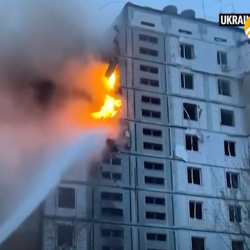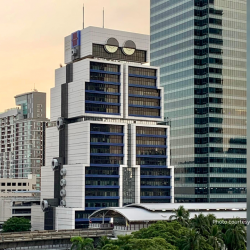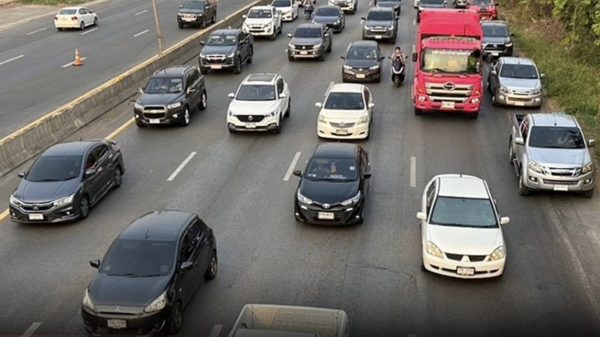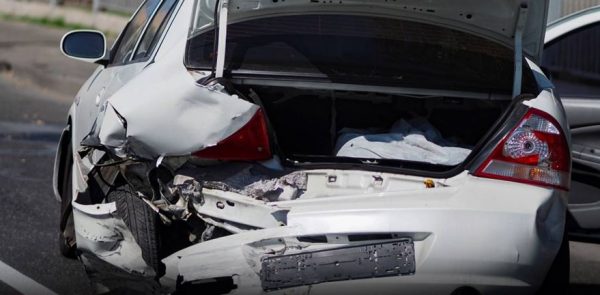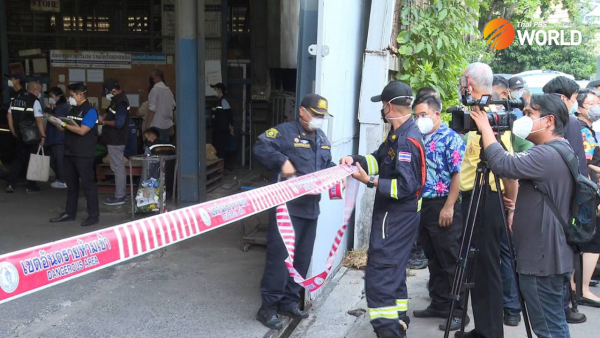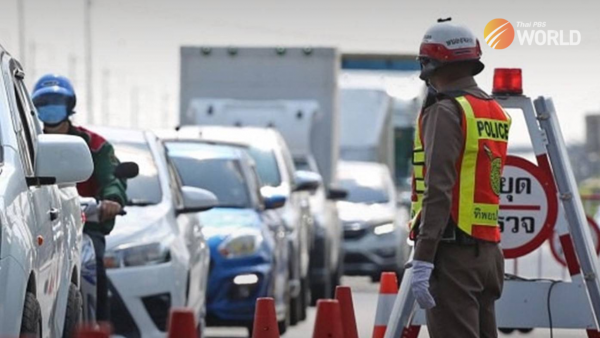More reports of mysterious deaths from possible cyanide poisoning

More witnesses have come forward to report sudden deaths of their loved ones, believed to be from cyanide poisoning, after their encounters or contact with a female identified only as “Srarat”, aka “Am”, the sole suspect in a series of fatal poisonings.
According to the Crime Suppression Division (CSD), 13 people in seven provinces who had connections to Srarat, might have died from cyanide poisoning. One as survived the attempt. Six of the deceased were in Nakhon Pathom, two in Ratchaburi and one each in Kanchanaburi, Phetchaburi, Udon Thani, Samut Sakhon and Mukdahan.
Yesterday (Friday), the husband of Savitri Butsrirak, one of the victims and a native of Mukdahan, handed a cell phone to the police, to check the online chats between her and Srarat prior to November 23rd last year, about two days before her sudden death.
An autopsy found high levels of potassium in her blood and some capsules of medicine were found on her bed. The man recalled that he received a call from Srarat asking about Savitri and, after he told her that his wife had died, she didn’t call again.
Uraporn, a close neighbour of Savitri, reportedly told the police that she found Savitri lying on the bed and tried to wake her, but she didn’t respond.
In Kamphaeng Phet province, police questioned Ladda Khao-in, the mother of Monthathip, another victim who died about eight years ago. She told the police that she suspected that her daughter might be the victim of poisoning, because Srarat went to the airport to pick her daughter up upon her arrival from abroad.
After her daughter’s death, she said that Srarat took all the valuables in Monthathip’s house for sale at auction, claiming that she was acting on the instructions of the victim’s foreign husband.
Pol Maj-Gen Anek Taosuparb, deputy commander of the CSD, who is in charge of the investigation, said that police are focusing on circumstantial evidence and medical reports on the deaths of the 13 victims and the financial transactions between the suspect and her victims.
He said that, so far, autopsies have confirmed traces of cyanide in the bodies of two of the deceased, adding there is another case involving a survivor called “Pla”, whose testimony has been very useful in the case against Srarat.
Meanwhile, it is reported that 33 hospitals have agreed that, from now on, an autopsy must be performed on every case when a death is sudden and unexpected, occurs in a person who is not under a doctor’s care, results from a crime or fatal accident, or occurs under suspicious circumstances, because autopsies had not conducted on several of the suspected poisoning victims.
As a normal practice, the police officer in charge of the case is authorised to decide whether an autopsy needs be performed on a decedent.
If the family of a decedent has no doubt about the cause of the victim’s death and the enquiry officer agrees, then an autopsy will not usually be performed.

